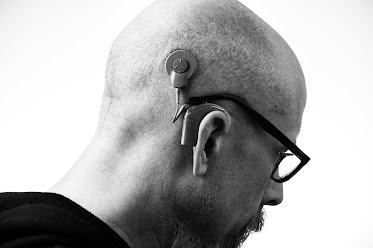If you have hearing problems, you should see a doctor as soon as possible. It is very good to find an expert in this area. A professional can determine whether you should go for a hearing aid. We recommend you do your homework before voting. Since these devices can be quite expensive, here are some tips to help you make an informed decision. Read on for more information.
1. Find a good supplier
First, you may want to look for a provider that you can rely on. You can ask around for directions. Friends and family members can give you good recommendations.
You can also get recommendations from doctors, dispensers, audiologists, and retailers. On the Internet, you have to type in the name of the manufacturer and expect to see what others have to say about them.
2. Manage your budget
As with other types of electronics and gadgets, if you want to buy a high-end device, you have to pay more. Don't look for unnecessary features because you might not need them. At the same time, you should not consider very cheap hearing aids.
In most cases, good equipment is well-priced and not cheap. So, you should do your research and compare prices before choosing the best unit to meet your needs.
3. Avoid sales pressure
You should always ask the salesperson questions and not rely on sales pressure. Make this buy when you are satisfied with the response you receive from the buyer.
Since hearing aids come with a warranty, make sure you have a written document stating the warranty for the product you are purchasing. Verbal promises made after purchasing the device do not reflect the severity of the problem.
4. Try it first
It is not a good idea to buy a hearing aid without checking it first. In most states, you can test the product with a trial period of up to 60 days. The good news is that most professionals offer a probationary period in countries where the law does not need it.
So you can use the product for a week or two to see if it works for you. You can then use it or return it and get something better.
5. Warranty
When it comes to insurance, get as much information as possible about it. Find out about the warranty period and whether it can be extended. It should also cover the cost of repairs and maintenance in the coming years. , it should be respected by a well-licensed hearing care professional.
Finally, if your existing device needs to be repaired, you need to know if you qualify for free hearing aids.
In conclusion, if you are planning to buy a hearing aid for the first time, we recommend that you consider the tips in this article.

Comments
Post a Comment